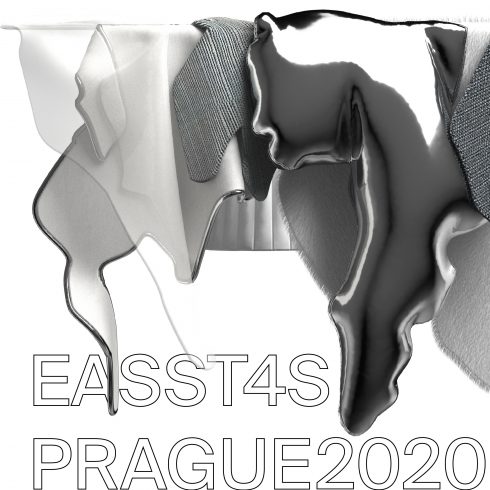
Author
Alena Kamenshchikova
Situating antimicrobial resistance (AMR): locations, spaces and borders
Conveners: Catherine Marijke Will, University of Sussex; Alena Kamenshchikova, Maastricht University; Cristina Moreno Lozano, University of Edinburgh; Iona Walker, University of Edinburgh
‘Antimicrobial resistance’ (AMR) is increasingly figured as an international priority through activities by the World Health Organisation and European Union among others. A prominent slogan ‘bacteria do not respect borders’ also draws attention to the apparently global nature of the issue. In response, this panel calls for papers that situate the policies and practices of AMR – exploring how the issue and responses are framed in different institutions and locations; in different national contexts through stewardship or infection control policies and regulations; and in border regions and spaces like airports. Papers might address emerging practices for screening, surveillance, quarantine and antibiotic use in different contexts and cultures, or experiences of groups including ethnic minorities, immigrants and those with different infections.
In ethical terms, it is suggested that AMR is often understood as a site of tension between the individual needing treatment in the short term and a collective interest in preserving antibiotic efficacy in the longer term, but this does not hold for all situations. In clinical medicine as in other social practices, people do not have equal abilities to claim and receive treatment. Others become the focus of additional surveillance and control through the notion of potential risk. When and how are people’s vulnerabilities acknowledged or ignored in relation to antibiotic use or stewardships, and which groups are more affected by interventions? We invite scholars to discuss how AMR is shaping actions in specific locations, and how multiple framings co-exist or relate below the appeal to international standards or solutions.
 Share
Share






Commentary
The latest commentary on the use of antimicrobials in society.
A guide to upcoming #SocSciAMR Panels and Calls...
See here for a live timetable including calls for papers, registrations and conference dates. The multi-disciplinary nature of AMR research,...